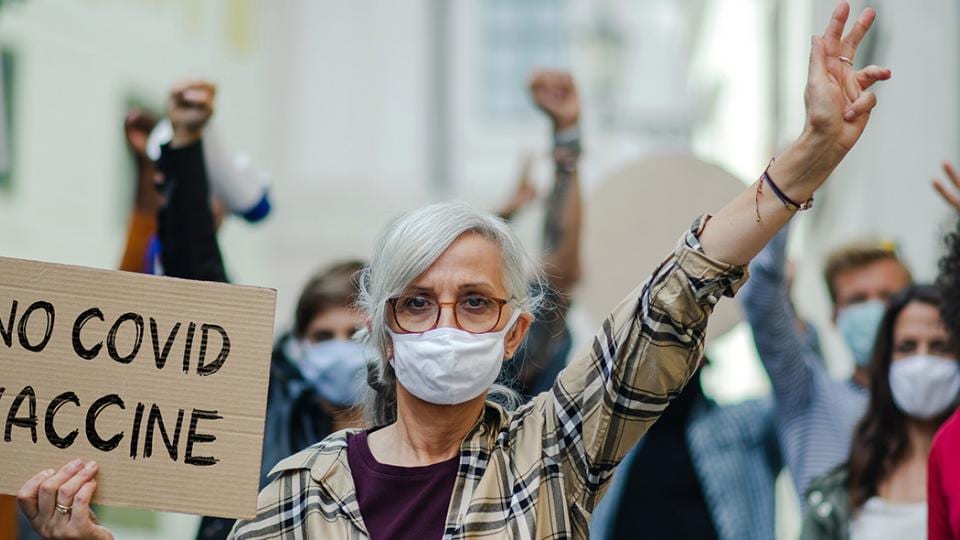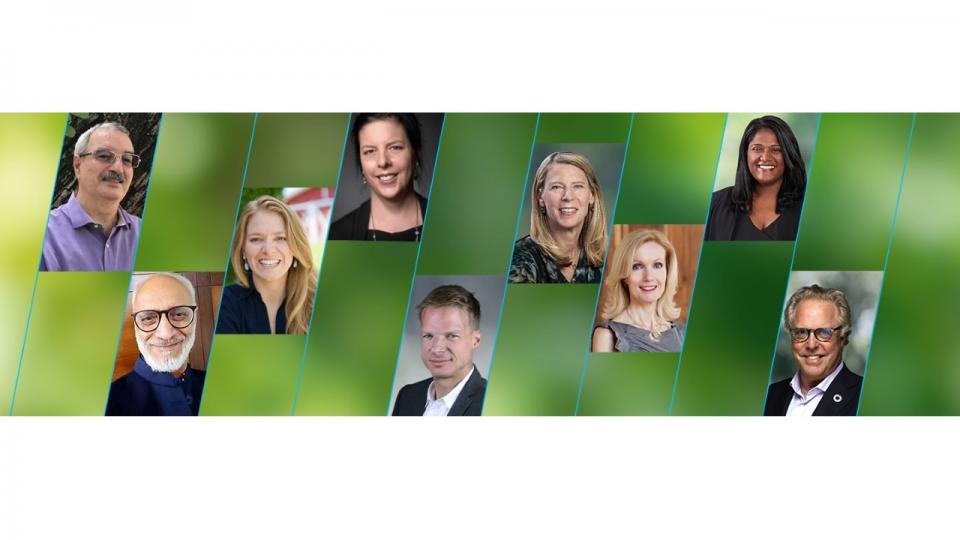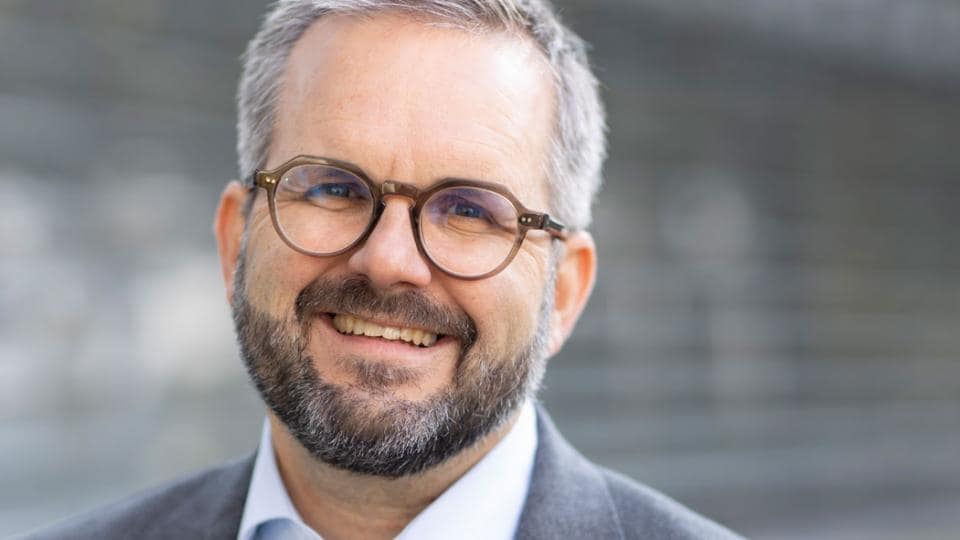Preserving Biodiversity

The Intergovernmental Science-Policy Platform on Biodiversity & Ecosystem Services (IPBES), a U.N. organization with 132 member states, just published the first global assessment of the status of Biodiversity and Ecosystem Services since 2005 – an eco-check of the earth, so to speak. Dr. Klaus Kunz, Head of Sustainability at Crop Science, explains the most important findings and what they mean for Bayer.
Mr. Kunz, what is your assessment of the paper by the IPBES?
The report makes clear that biodiversity has declined dramatically. At the same time, it shows that the causes are extremely multifaceted – from climate change through the spread of alien invasive species that endanger habitats and ecosystems to increasingly intensive land use and deforestation. In countries like Germany, for example, there are almost no areas left that aren’t used for either agriculture, forestry or urban use.
By multifaceted causes you mean that there isn’t one single culprit for the decline of biodiversity?
Unfortunately, simple answers don’t work on to this complex issue. It’s not about finding culprits, but common solutions – because everyone can make a contribution. It will therefore be crucial to anchor biodiversity conservation in the political and social reality. It must become integral to business models, building development plans or funding measures. This is not the case at the moment. That’s why I hope the assessment of the IPBES will serve as an important stimulus to work towards biodiversity conversation for our industry as well. Therefore we will carefully analyze the assessment in the coming weeks, but we can already say that intensive agricultural use has a negative impact on the diversity of flora and fauna. There’s no question about that.
Before we delve deeper into this topic, what exactly do you mean by biodiversity?
When we talked in the past about biodiversity and its decline, the topic quickly shifted to bees and insects, but it’s a much broader issue. Ultimately, biodiversity refers to the diversity of all organisms and ecosystems in the world. The IPBES assessment examined many of of these.
Is species extinction a bigger challenge than global climate change?
Both issues are closely linked with one another, but biodiversity is much more multi-layered. Against this background, generally binding targets such as the two-degree Celsius goal of the Paris Climate Agreement are more difficult to define. In other words, we can certainly say that biodiversity poses more complex challenges for humanity than climate change.
What do you think would be sensible goals to enhance biodiversity?
I can only talk about agriculture here. Simply put, it’s about achieving the higher yields we need for the growing world population while at the same time reducing resource input and thus making room for biodiversity. This very clearly also means fewer chemicals in the fields – such as less nitrogen, for example. Bayer therefore has already committed to significantly reduce the environmental impact of our future products. Specifically, we want to lower the use of crop protection products and the emission of climate gases. The next step for us is to precisely quantify and then annually measure these commitments.
Let’s be honest: despite such commitments, many people view large corporations like Bayer more as part of the problem than part of the solution.
Yes, and we recognize that: we have to do a much better job of explaining what and how we contribute to the solution, such as through investments in research and development. We’ve already made a lot of progress. For instance, the volume of crop protection products per hectare of farmland has declined by approximately 90 percent over the past 60 years. Yet there is more to be done. The next quantum leap is imminent: digital farming, which above all will lead to a much more precise deployment of crop protection products. And that’s just one example of a solution.
Give us a few more. We have plenty of space here.
Another approach is pinpoint irrigation of fields, which enables us to achieve enormous effects in water use, yield increases and even the application of crop protection products. Here Bayer has entered into a promising collaboration with Israeli company Netafim. Biotechnology also offers tremendous potential. Thanks to innovative research, we have methods such as CRISPR/Cas and genome editing at our disposal in order to make plants more robust against fungal diseases or insect infestation, for example. In Brazil we’ve introduced Intacta to the market, a new soybean variety that is insect pest resistant. That means no insecticides at all are required to combat these caterpillars. Such innovations have a positive impact on biodiversity, particularly with broad-acre crops such as soybeans.
Why is biodiversity so important to Bayer?
Biodiversity is the foundation of our existence – in other words the basis of our supply of food, clean water and clean air, and it makes our ecosystems more resilient against climate change. As the biggest company in the agricultural industry and the leading producer of crop protection products and seeds, we hold a great responsibility here. And this responsibility is global. We often forget that people in Africa or Asia are facing completely different challenges. In the coming years, the population there will undergo explosive growth. At the same time, no new land will be available there – because those who cut down forests willingly accept a direct impact on biodiversity. That’s why in addition to reducing the use of crop protection products and climate gas emissions, our commitment to biodiversity also includes providing millions of smallholder farmers in Africa and Asia with modern solutions that will enable them to achieve a lucrative income while conserving biodiversity.
What obstacles must Bayer overcome to deliver on these commitments? Do we need new forms of cooperation and partnership?
The first obstacle we have to overcome is our own. We too have to find a new way of thinking, and we’ve already made a lot of progress here. Ten years ago we still pursued a purely volume-driven business model, like all of our competitors. In other words, the more crop protection products, the better. Yet this can no longer be a long-term perspective for Bayer. We must offer products that are accepted by society and help farmers. We don’t want to dictate these solutions, nor can we. That’s why we need partnerships at the technological and political levels. This also applies to cooperate with civil society and science. Beyond the traditional patterns, we need a broader social discussion about agriculture and its contribution to the world’s food supply and to biodiversity. We want to participate in this dialogue. If the new status report of the IPBES contributes to this, it will be a major success.





















